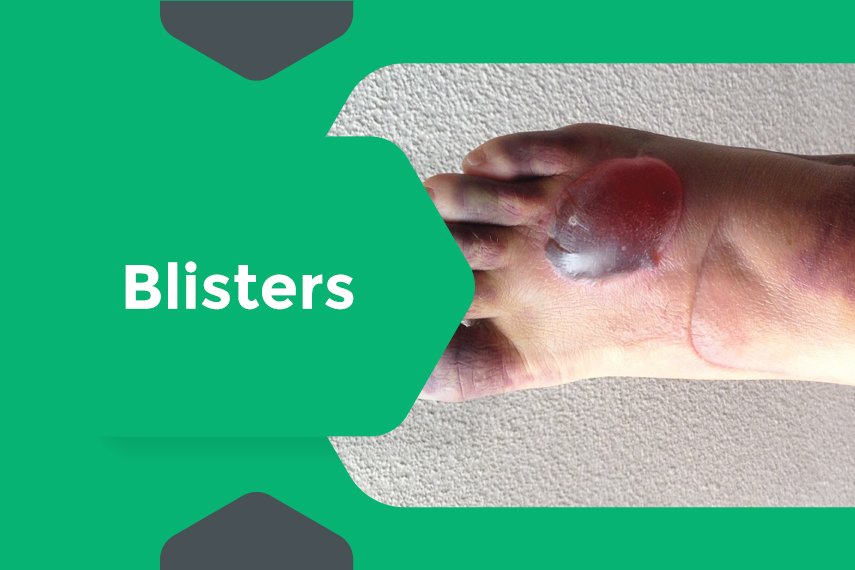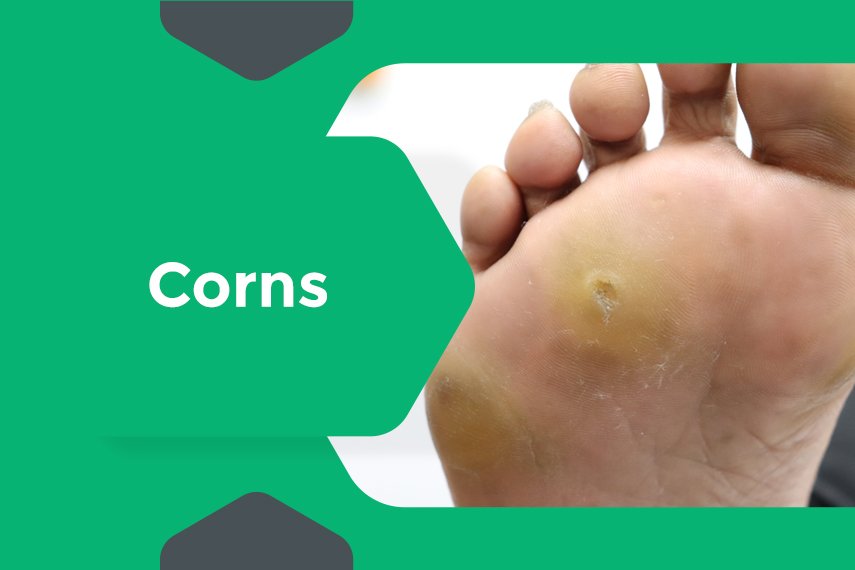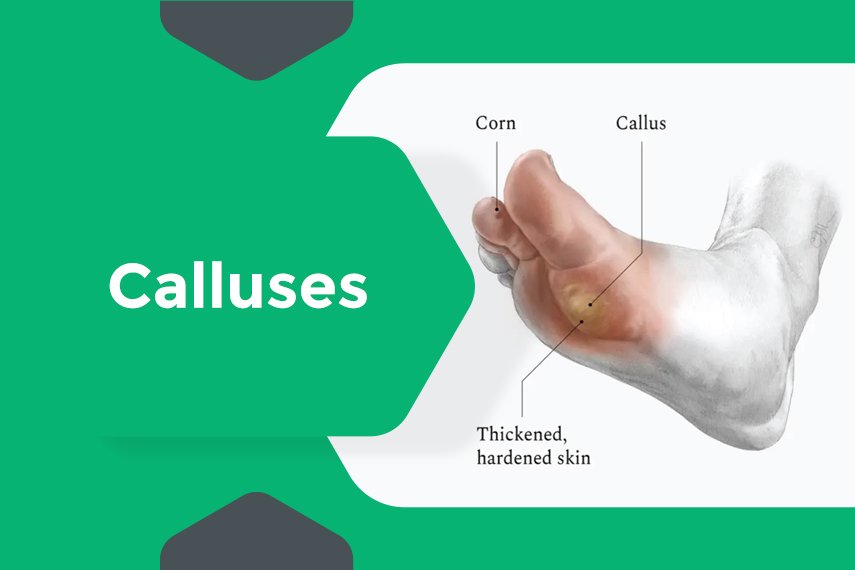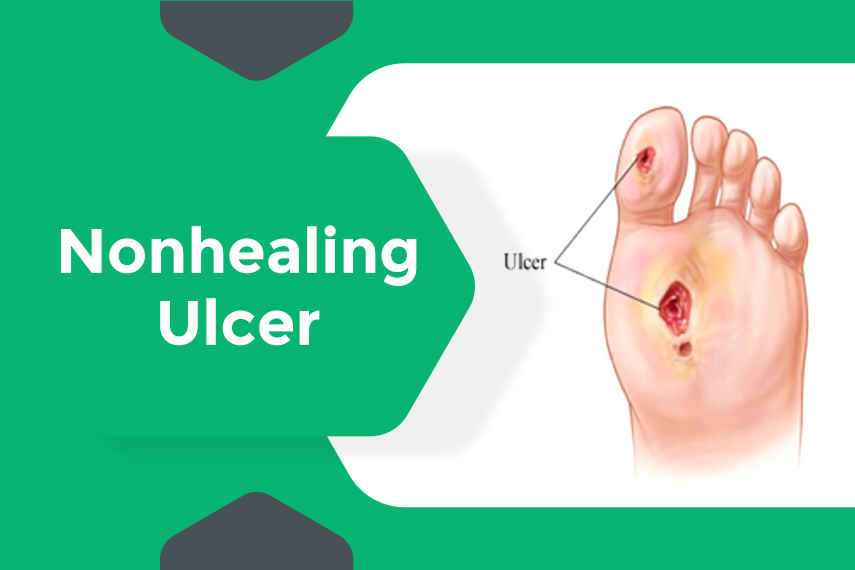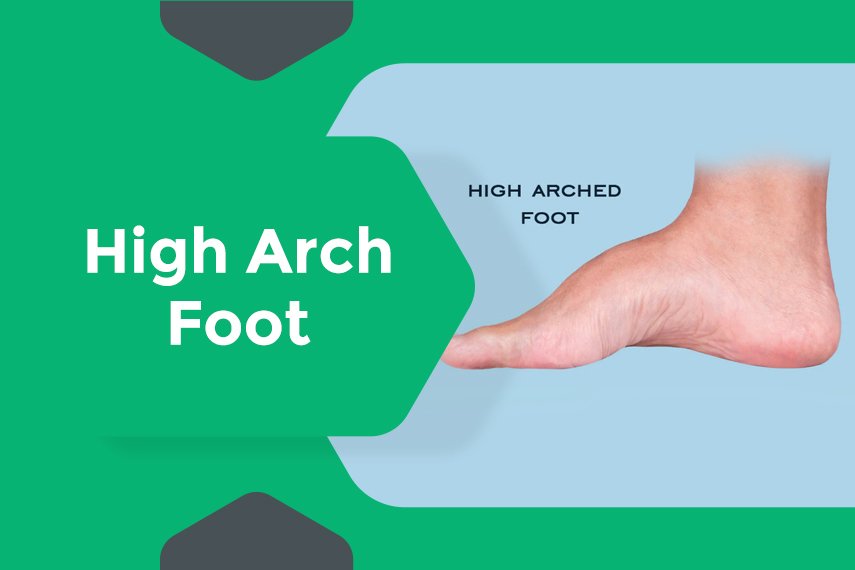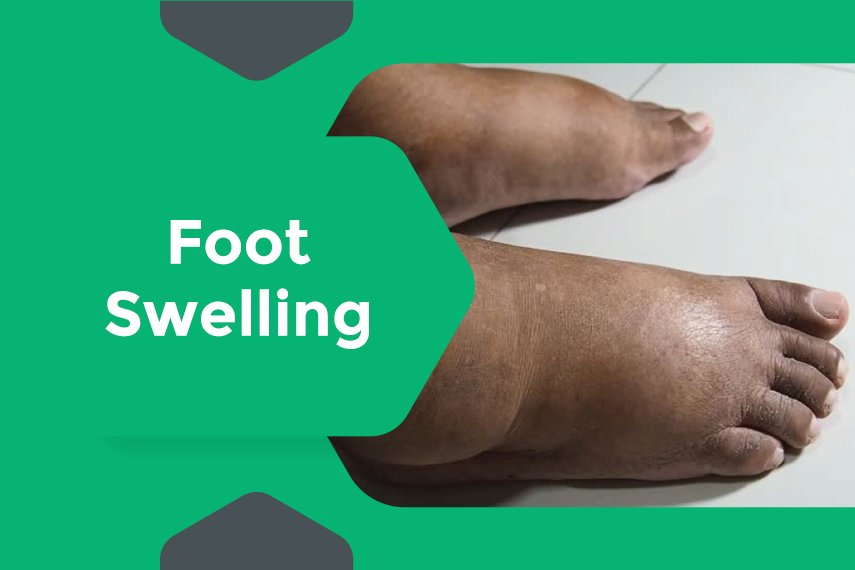Conditions on Sole

Introduction
The sole of the foot is susceptible to various conditions that can affect comfort, mobility, and overall foot health. These conditions range from common issues like dry skin and calluses to more serious problems such as nonhealing ulcers and fungal infections. Proper care and timely treatment are crucial to maintaining healthy feet, especially for diabetic patients who are more prone to foot complications. At Surat Diabetic Foot Care, we provide expert diagnosis and tailored treatments for a wide range of conditions affecting the soles of your feet.
Signs & Symptoms
-
Dry, flaky, or peeling skin
-
Discoloration or unusual changes in skin tone
-
Painful blisters or sores
-
Thickened, hard skin on the soles or toes
-
Persistent wounds or ulcers that do not heal
-
Unusual growths or lumps
-
Itching, redness, or signs of infection
-
Swelling or puffiness in the feet
When to Consult a Doctor
-
Persistent or worsening symptoms
-
Signs of infection such as redness, swelling, or pus
-
Pain or discomfort that interferes with daily activities
-
Nonhealing wounds or sores
-
Any new or unusual changes in the skin or structure of the foot
Treatment Offered
Topical Treatments: Creams and ointments to address skin issues and infections.
Medications: Antibiotics, antifungals, and pain relievers.
Debridement: Professional removal of dead or infected tissue.
Orthotic Devices: Custom-made supports to alleviate pressure and improve foot function.
Advanced Dressings: Specialized dressings to promote healing of wounds and ulcers.
Surgical Interventions: Procedures to correct structural issues or remove problematic growths.
Foot Hygiene and Care Advice: Guidance on maintaining healthy feet through proper hygiene and care practices.



